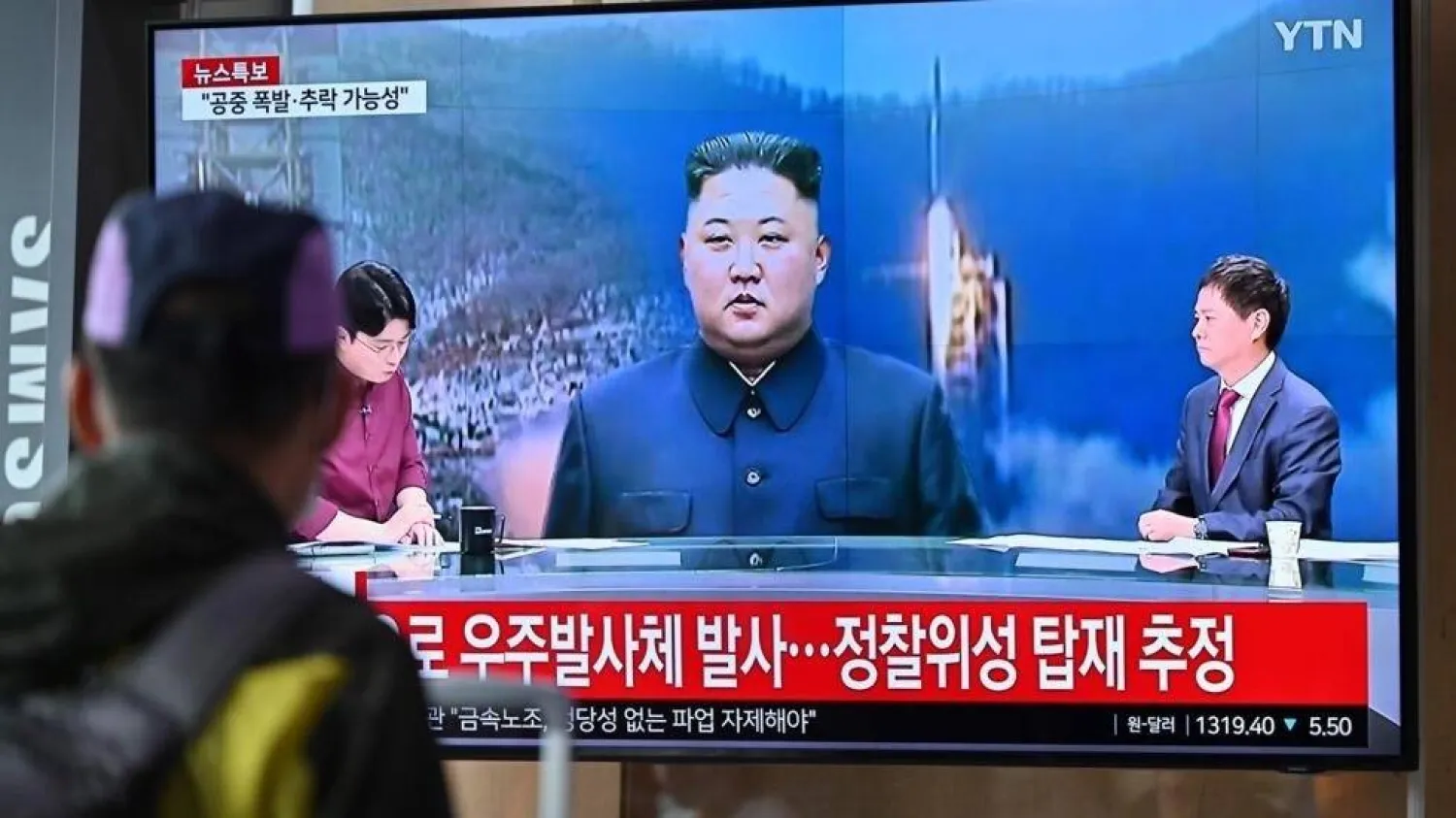North Korea is planning to launch another satellite just three months after its first attempt to put a military eye in the sky failed, prompting condemnation from Tokyo and Seoul on Tuesday and demands to call it off.
The launch is set to take place between August 24 and 31, Pyongyang told Japan's coast guard Tuesday, prompting Tokyo to mobilize ships and its PAC-3 missile defense system in case it were to land in their territory.
Seoul said the launch would be "an illegal act" as it violates UN sanctions prohibiting the North from tests using ballistic technology, AFP reported.
"North Korea's so-called 'satellite launch' is a clear violation of UN Security Council resolutions... No matter what excuses North Korea tries to make, it cannot justify this illegal act," South Korea's Unification Ministry said in a statement.
There is significant technological overlap between the development of intercontinental ballistic missiles and space launch capabilities, experts say.
Prime Minister Fumio Kishida urged Pyongyang to call off the launch, saying his country was working with South Korea and the United States to gather more information.
Tokyo is taking "all possible measures to prepare for any unforeseen eventuality", Kishida said.
Japan's Coast Guard said Pyongyang had informed them of three designated danger areas: the Yellow Sea, East China Sea and waters east of the Philippines' Luzon island.
In May, Pyongyang launched what it described as its first military reconnaissance satellite, the "Malligyong-1", but the rocket carrying it, the "Chollima-1" -- named after a mythical horse that often features in official propaganda -- plunged into the sea minutes after takeoff.
Soon after, Kim Jong Un's regime vowed to successfully launch its spy satellite "in the near future", saying it was a necessary counterbalance to the growing US military presence in the region.
Pyongyang's new launch plan follows Seoul and Washington kicking off their major annual joint military drills on Monday.
Known as Ulchi Freedom Shield, the exercises, which are aimed at countering growing threats from the nuclear-armed North, will run through August 31.
Pyongyang views all such drills as rehearsals for an invasion and has repeatedly warned it would take "overwhelming" action in response.
Suspected North Korean hackers have already targeted the exercises, with email attacks on South Korean contractors working at the allies' combined exercise war simulation center.
On Tuesday, North Korea's state news agency condemned "the aggressive character" of the US-South Korea drills.
In a commentary, KCNA warned that if the drills involve a "nuclear provocation", the possibility "of a thermonuclear war on the Korean peninsula will become more realistic".
Launch soon
The announcement also came shortly after leaders from Washington, Seoul and Tokyo met at Camp David in the US, with North Korea's growing nuclear threats a key item on the agenda.
South Korea's spy agency told lawmakers last week that Pyongyang could launch a reconnaissance satellite ahead of the 75th anniversary of the regime's founding on September 9, member of parliament Yoo Sang-bum told reporters after the briefing.
"Pyongyang appears to be timing its next satellite launch with the ongoing joint Ulchi Freedom Shield exercise, having improved and supplemented technical aspects of the launch over the past three months," Choi Gi-il, professor of national security at Sangji University, told AFP.
"Given the nature of the North Korean regime, three months seems sufficient enough to find flaws from its failed May launch and apply fixes -- though we have to see whether it can pull it off this time," he added.
North Korea's Kim has made the development of a military spy satellite a top priority.
The crash of the satellite in May sparked a complex, 36-day South Korean salvage operation involving a fleet of naval rescue ships, mine sweepers and deep-sea divers.
The retrieved parts of the rocket and the satellite were analyzed by experts in South Korea and the United States, with Seoul's defense ministry subsequently saying the satellite had no military utility.









